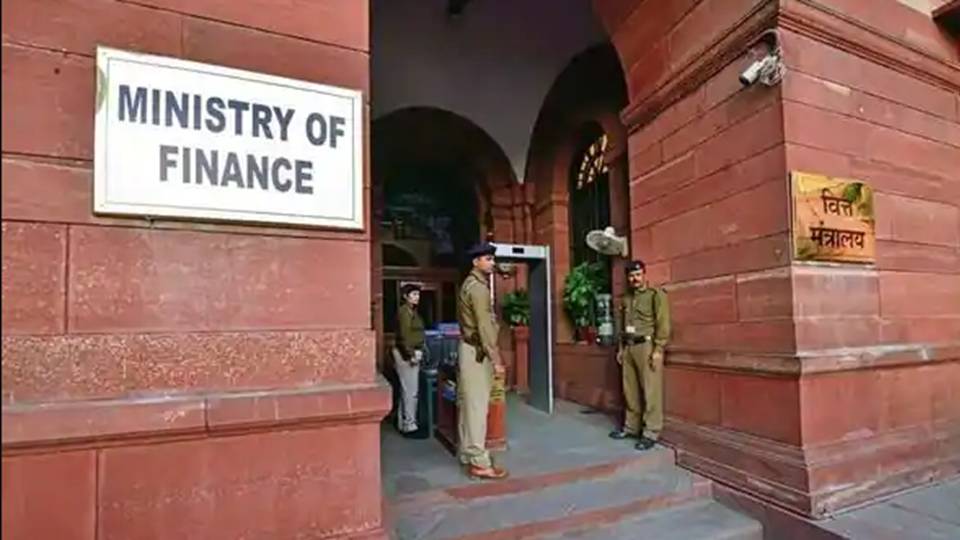Tough times require tough measures. During the early onslaught of the Covid outbreak, situations were uncertain and lockdown seemed to be the only life saving measure. So, to ascertain that nobody sleeps with an empty stomach, the government rolled out a slew of welfare measures. Now as the nation’s economy is registering numbers similar to or above the pre-pandemic level, re-calibration and targeted delivery of welfare schemes is the need of the hour.
India needs a pragmatic approach
The Expenditure Department under the Ministry of Finance has submitted an internal report in which it has argued against the idea of further continuation of the welfare measures announced during the Pandemic. It has suggested not extending the free food ration scheme beyond September or making any other major tax cuts. It has raised a red flag saying that it will worsen the fiscal position of the government.
The report said, “It is vital that major subsidy increases/tax reductions are not done. In particular, it is not advisable to continue the PMGKAY beyond its present extension, both on grounds of food security and on fiscal grounds. As it is, each family is getting 50 kg of grains, 25 kg at a nominal price of Rs.2/Rs.3, and 25 kg free. This is far beyond the need at a non-pandemic time”.
The government had budgeted Rs 2.07 lakh crore for food subsidies cap Financial year 2023 (FY23). This is lower than the revised Rs 2.86 lakh crore for FY22 in the wake of multiple covid waves. So, if the PMGKAY is extended till September, it could cost another Rs 80,000 crore from the public exchequer. Catapulting the food subsidy bill to a mammoth high of Rs 3.7 lakh crore. The scheme currently covers nearly 80 crore beneficiaries.
Read More: The whole world is witnessing an economic slowdown, but not India – A data driven analysis
Impact of recent Anti-Inflammatory measures
The Departmental note said recent decisions such as the free ration extension, increase in fertiliser subsidy, re-introduction of subsidy on cooking gas, reduction of excise duty on petrol and diesel, reduction in customs duty on edible oils and various inputs have strained the fiscal situation.
Earlier on May 21, the Central government had announced a reduction of excise duties on petrol and diesel by Rs 8 and Rs 6 per litre to curb inflation. Additionally, a subsidy of Rs 200 per gas cylinder for up to 12 cylinders was announced to about 90 Million beneficiaries of the Pradhan Mantri Ujjwala Yojana. Later in the month, duty on edible oil was slashed.
The Finance Ministry estimated a revenue foregone of over Rs 1 lakh crore due to these measures for the current fiscal year. Further, the fertiliser subsidy bill is estimated at Rs 2.15 lakh crore against the budget provision of Rs 1.05 lakh crore in FY23.
Time doesn’t remain the same, so policies have to evolve according to the prevailing situations. Lives of the citizens were the first priority during the Covid pandemic and such welfare schemes had to be introduced as lockdown had taken the livelihood of millions. But as the economy is returning to normal (non-pandemic situation) it would be foolhardy to continue with Covid induced policies. As several bureaucrats had already warned the PM in a meeting about the unwarranted freebie policies of several states and compared it to prevailing economic collapse in Sri Lanka.
So, it becomes necessary to be pragmatic and rationalise the scheme to benefit the intended deprived classes rather than supporting those who are now capable of earning their own livelihood in the non-pandemic times.
Support TFI:
Support us to strengthen the ‘Right’ ideology of cultural nationalism by purchasing the best quality garments from TFI-STORE.COM.
